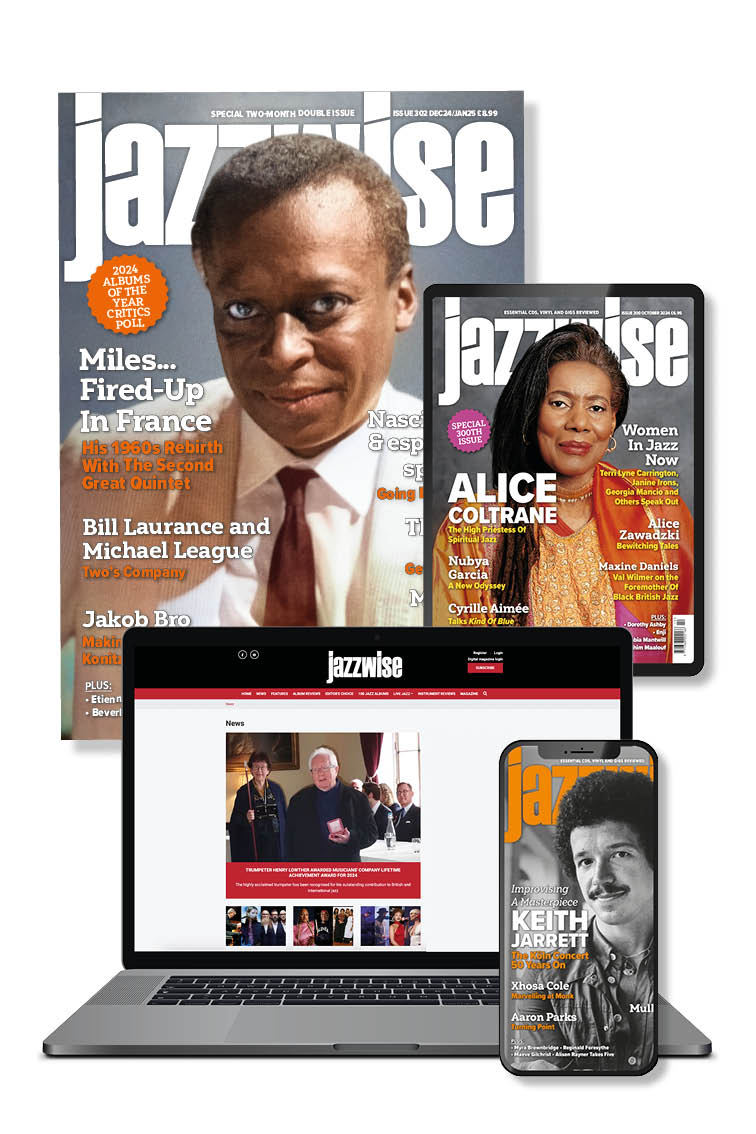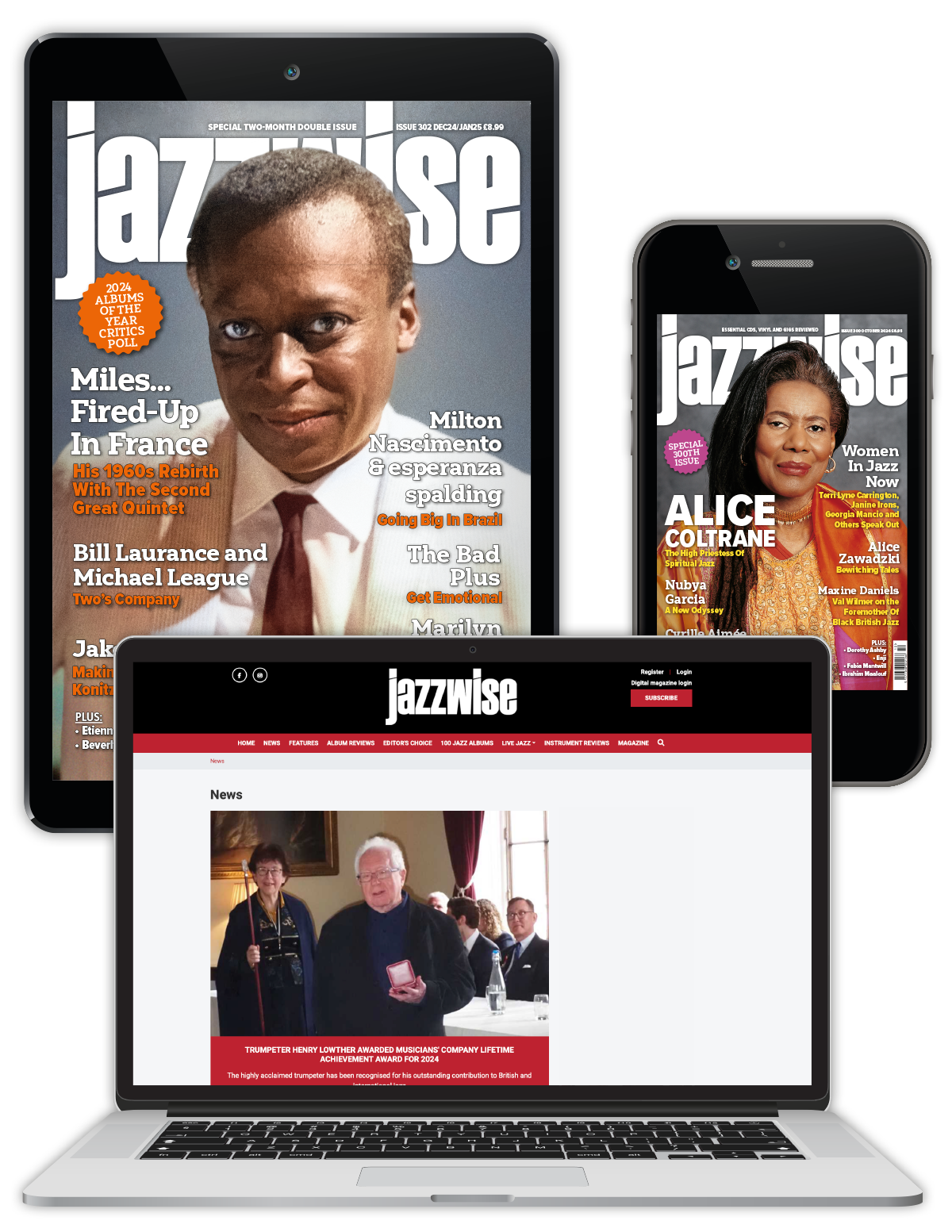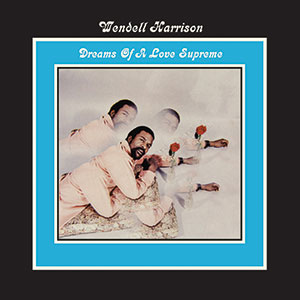Wendell Harrison: Dreams of A Love Supreme
Author: Stuart Nicholson
View record and artist detailsRecord and Artist Details
Musicians: |
Anthony Robertson (perc) |
Label: |
Wenha Jazz–Tribe/Pure Pleasure WHR 015 |
Magazine Review Date: |
April/2022 |
Media Format: |
2 LP |
RecordDate: |
Rec. date not stated |
Originally released in 1980, the first reissue of this somewhat obscure album was on the Tidal Waves Music label was limited to 500 copies. Its rarity has helped accumulate something of a mystique around it, variously dubbed groovy soul jazz, or funky spiritual jazz, despite many of the nine tracks of this double LP set being closer to soft Latin, with the frequent appearance of a Montuno.
Broadly speaking, this funky groove-style jazz can be traced back to the kind of material emanating in the early 1970s primarily from the Chicago-based Black Jazz label and groups like The Awakening and keyboardist Doug Carn and singer Kellee Paterson, but also influential New York labels like Mainstream Records’ 300 Series, Charles Tolliver and Stanley Cowell’s Strata–East, Bob Thiele’s Flying Dutchman imprint, as well as the more mainstream Prestige and Muse.
By 1979, the sound was changing with the times, and Detroit’s response here is a smoother, more laid back approach. It’s all performed to a good semi-professional standard (Wendell Harrison’s day job was in jazz education) with a few ringers brought in with solid pro experience – Phil Ranelin (Freddie Hubbard, Solomon Burke, Mulatu Astakte), Harold McKinney (Tribe) and Roy Brooks (Yusef Lateef, Chet Baker, Mingus). Vocalist Miche Braden’s shaky intonation aside, this music was a response by many musicians who felt little in common with The New Thing, yet believed their music to be spiritually connected to the blues, updated with funky bass lines, boogaloo beats and sometimes vocals too.
Largely ignored by critics at the time, Kamasi Washington’s success with The Epic gave a boost to spiritual jazz, a broad catchall that is increasingly becoming seen as part of the overall story of black American music.

Jazzwise Full Club
- Latest print and digital issues
- Digital archive since 1997
- Download tracks from bonus compilation albums throughout the year
- Reviews Database access
From £9.08 / month
Subscribe
Jazzwise Digital Club
- Latest digital issues
- Digital archive since 1997
- Download tracks from bonus compilation albums during the year
- Reviews Database access

